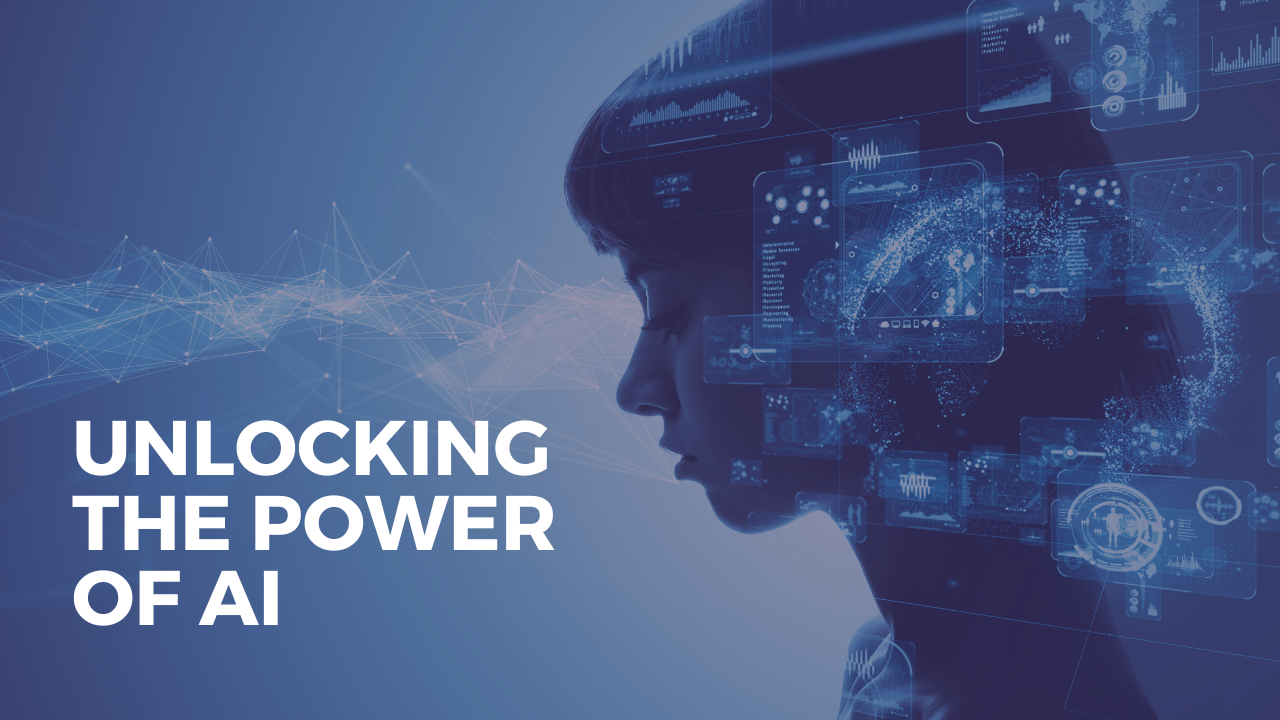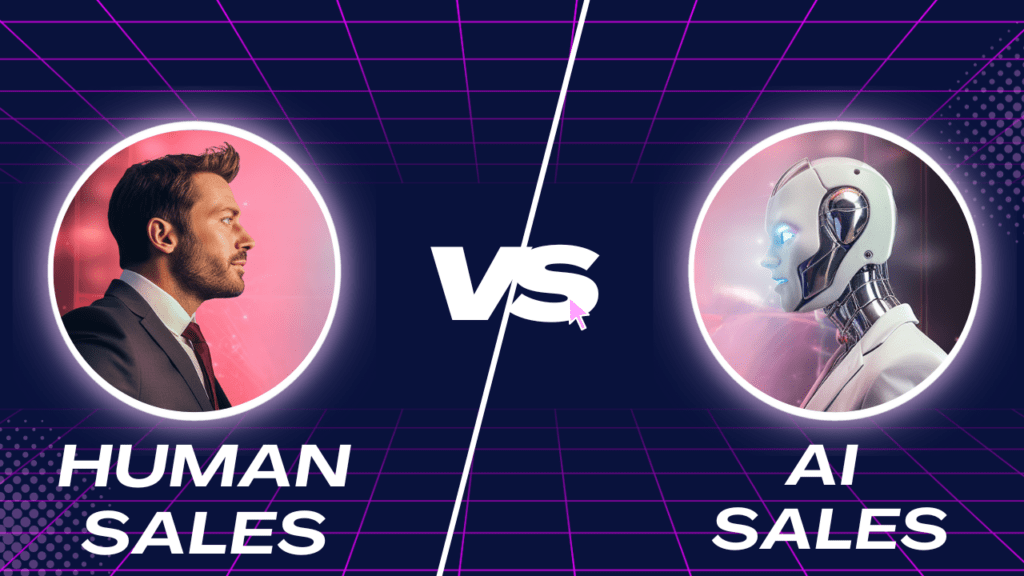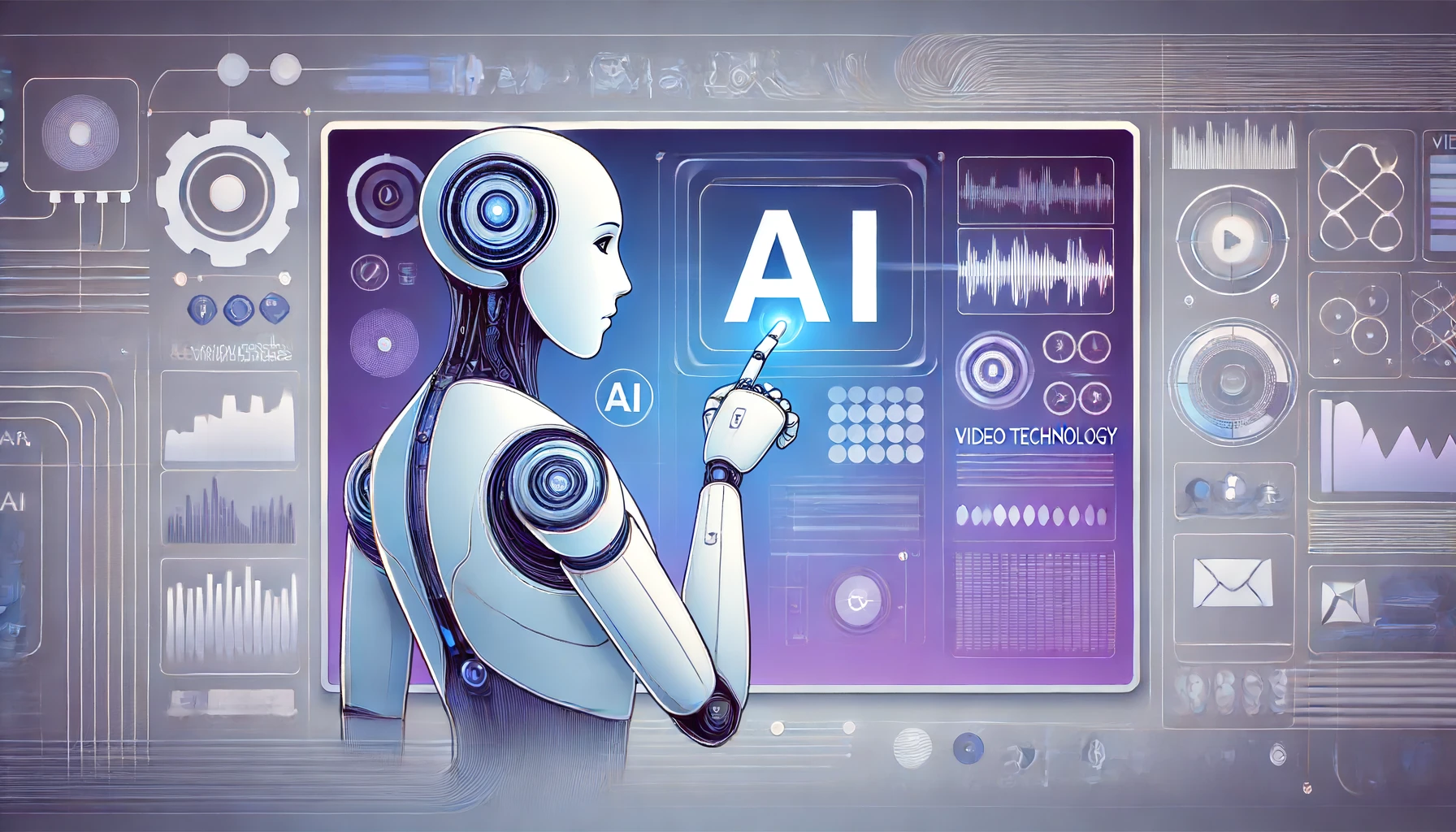In a recent announcement, International Business Machines Corp (IBM) revealed that it expects to pause hiring for certain roles, as about 7,800 jobs could be replaced by artificial intelligence (AI) in the coming years. IBM CEO Arvind Krishna stated that back-office functions such as human resources will be affected, with 30% of non-customer-facing roles potentially being replaced by AI and automation in the next five years. While this news may be concerning, it’s important to note that AI is not replacing jobs, but rather people leveraging AI is replacing jobs.
AI – human combo
While it’s true that AI and automation have the potential to replace certain roles, this technology is not designed to completely replace human workers. Instead, AI can be used to complement and enhance human capabilities, improving productivity and efficiency in the workplace.
Companies and individuals should embrace AI and automation as tools to improve their productivity and efficiency, rather than fear them as job-stealing technologies. It’s important to focus on reskilling and upskilling the workforce to adapt to the changing demands of the job market.
New job opportunties
It’s important to note that while AI may replace certain roles, it will also create new job opportunities in fields such as AI development and maintenance. According to a report by investment bank Goldman Sachs, AI could eventually increase the total annual value of goods and services produced globally by 7%. Additionally, the UK government is keen to promote investment in AI, which it says will “ultimately drive productivity across the economy,” and has tried to reassure the public about its impact.
However, it’s also important to recognize that AI may have a significant impact on certain sectors and professions. The Goldman Sachs report notes that 46% of tasks in administrative and 44% in legal professions could be automated, but only 6% in construction and 4% in maintenance. Some artists have expressed concerns that AI image generators could harm their employment prospects.
Future job market
Ultimately, the impact of AI on the job market is highly uncertain, and predictions should be taken with a large pinch of salt. As Torsten Bell, chief executive of the Resolution Foundation think tank, told BBC News, “we do not know how the technology will evolve or how firms will integrate it into how they work.” However, by embracing AI as a tool to enhance human capabilities, rather than a job-stealing technology, we can prepare for the changing demands of the job market and ensure that workers are equipped with the skills they need to thrive in the age of AI.





